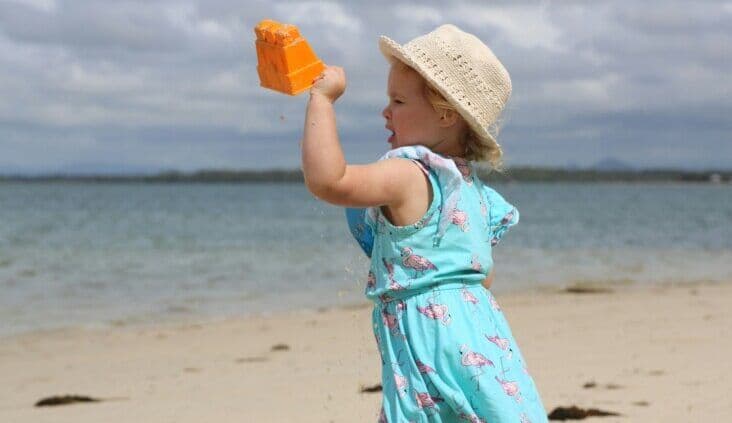Changes
Compliance
Examples
General News
Legislation
NQF and Policy Changes
Policy
Practice
Professional development
Provider
Quality
ACECQA highlights resources to strengthen child safety and quality practice

Fiona Alston
Aug 07, 2025
Save
As early childhood education and care (ECEC) services navigate a period of unprecedented pressure and change, the Australian Children's Education & Care Quality Authority (ACECQA) has reinforced its commitment to upholding the principles of the National Quality Framework (NQF) and supporting those who work tirelessly to deliver safe, high-quality care for the 1.4 million children attending services each day.
At the heart of the NQF for more than 13 years has been the holistic wellbeing and development of every child, grounded in respectful, trusted partnerships with families and guided by a commitment to children’s safety, agency and human rights.In this context, ACECQA has released a suite of resources developed in collaboration with government partners and key stakeholders, following the findings of the Review of Child Safety Arrangements under the NQF. These resources are designed to support providers, principals, teachers and educators in embedding robust, proactive child safety practices across early learning settings.
Key tools now available include:
- National Quality Framework Child Safety Guides: Two guides offering practical strategies to promote and protect children’s safety in both service settings and online environments.
- National Model Code for Taking Images in ECEC: A comprehensive framework to guide safe and respectful use of imagery in early childhood education and care, ensuring children’s dignity and consent are upheld.
ACECQA also acknowledges the contribution of child safety advocacy organisation Bravehearts, whose resources on protective conversations are featured in the latest edition of ACECQA’s newsletter. These tools support educators in fostering safe, inclusive environments through education, awareness and advocacy.
For services looking to align more closely with the NQF Child Safety Guides, ACECQA encourages approved providers and service leaders to engage in open dialogue with all staff members. The Guides include examples, tools and reflective questions that can be used to support ongoing professional development and strengthen existing programs.Recommended starting points include:
- NQF Child Safe Culture Self-Assessment and Risk Assessment Tool
- NQF Online Safety Self-Assessment and Risk Assessment Tool
These tools provide a structured framework to help services identify areas of strength and opportunities for improvement across their child safety practices.
For families, ACECQA continues to enhance its StartingBlocks.gov.au platform, providing clear, accessible information on early education and care, including new content on nutrition and child development.
ACECQA CEO Gabrielle Sinclair said the newsletter aimed to create an ongoing professional dialogue about quality practice, grounded in contemporary issues and responsive to sector feedback.
“Together, we must commit to doing more so that no further harm is ever done to a child, and families can be confident that their child is safe, happy and flourishing,” Ms Sinclair said.
In recognising the challenges facing the ECEC workforce, ACECQA expressed gratitude to the educators who shared their personal stories in this winter’s newsletter, affirming the power of connection, commitment and shared purpose during difficult times.
Don’t miss a thing
Related Articles



















